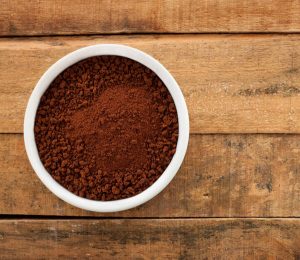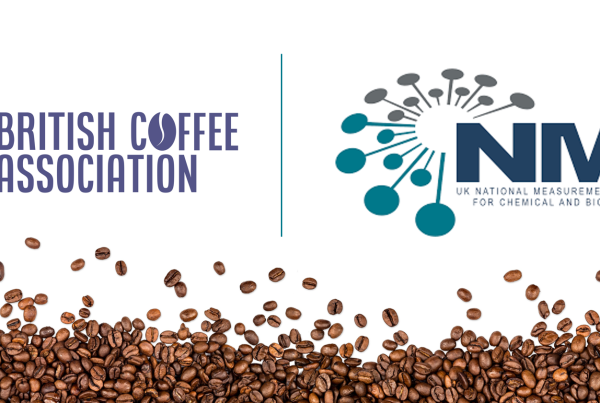 Decaf coffee has been around for decades, but in recent years customers have been demanding it, and enjoying it, more than ever before. One in five coffee drinkers now regularly opt for decaf, according to a report by Mintel.
Decaf coffee has been around for decades, but in recent years customers have been demanding it, and enjoying it, more than ever before. One in five coffee drinkers now regularly opt for decaf, according to a report by Mintel.The increasing demand for decaf has seen its presence in the market increase, both in and out of home. However, this rise in popularity has not been without scrutiny and has raised some questions from customers and the media around the safety of decaf coffee and the processes behind its creation.
The decaffeination process
For some roasters, the decaffeination process can be a bit of a nuisance and many specialty outfits don’t even offer decaf options. But with its popularity on the rise, decaf is becoming harder for coffee companies to ignore as customers are demanding more choice than ever.
As with many great discoveries, the secret to decaffeination was discovered by accident. In 1903, a ship carrying a cargo of coffee was swamped by seawater; this had the effect of filtering out the caffeine whilst seeming to retain the flavor and other properties of the coffee. In order to repeat this discovery on an industrial scale, Ludwig Roselius, founder of the coffee company Kaffee HAG, worked out that by steaming the beans with various acids before using a solvent to remove the caffeine, you can create a decaffeinated coffee.
Whilst this process was one of the very first methods of decaffeinating coffee, the methods used today aren’t very far away from Roselius’ first experiment.
There are several ways to decaffeinate coffee today, and every roaster will have their own preference, but by far the most common method is to soak the coffee beans in a solvent, such as ethyl acetate, a natural fruit ether most commonly found in apples and pears. The beans are first soaked in water then covered in a solvent which draws the caffeine out of the beans whilst they are still green, before the roasting process.
Did you know…
- As a complex and specialist process, the vast majority of UK companies don’t manage the decaffeination stage themselves. Instead, they outsource it to specialist companies based outside the UK, which takes place when the coffee is still green.
- Decaf coffee doesn’t mean completely caffeine free. Although most of the caffeine, at least 97% of it, will be removed from the beans, a very small amount of caffeine will remain.
Is it safe?
When we talk of using acids and solvents, customers might be forgiven for thinking the decaffeination process might not be all that good for them.
Of course, this is not the case…
In 2017, the World Health Organization following a review of over 1,000 scientific studies, found that there was no association between coffee consumption, including decaf coffee, and cancer. This has been followed up with a review, published by the British Medical Journal, which found that drinking four cups of coffee a day was actually more likely to be beneficial to your health rather than harmful. The Food and Drug Administration in the U.S. also conducted a study, specifically on the products used in the decaffeination process and concluded the likelihood of any health risk from methylene chloride was so low “as to be essentially non-existent”.
So although adding decaf options to your menus or production line might seem like hard work, the number of decaf customers in the UK only looks like it will continue to rise. After all, decaf drinkers are only enjoying coffee for the flavour!



